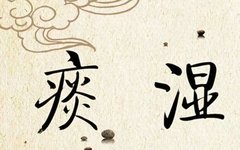Phlegm-dampness causes numerous diseases! Modern people’s poor lifestyle habits, such as drinking cold beverages and beer, using air conditioning and fans, and staying up late, lead to a predominance of phlegm-dampness in most individuals, resulting in various health issues. Symptoms like cough, nausea, and dizziness may all be caused by phlegm-dampness.
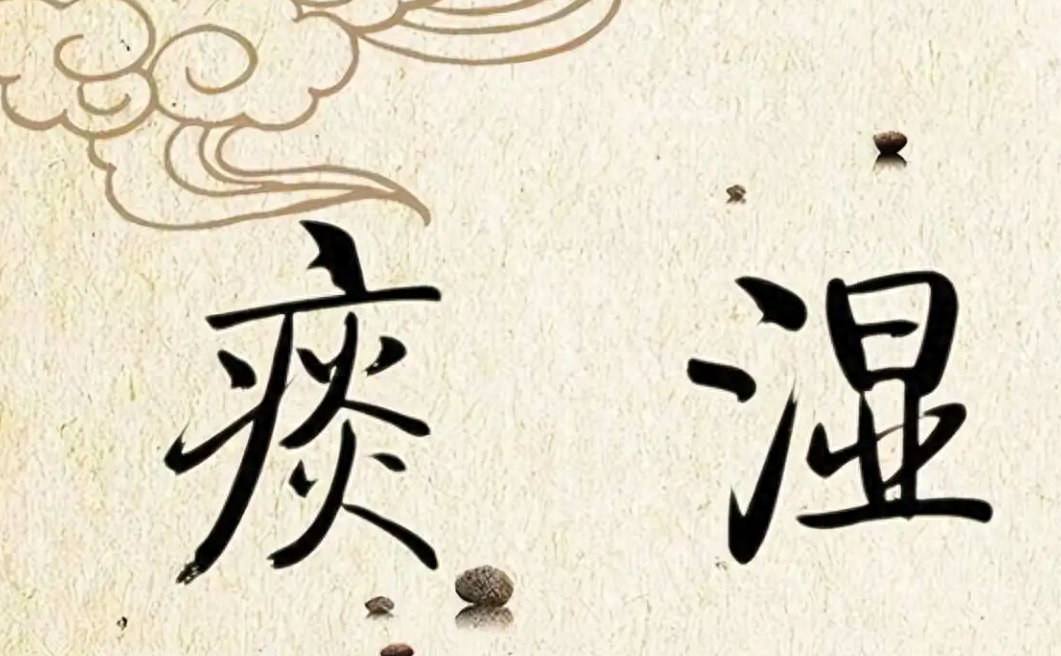
In my view, the reason we are troubled by phlegm-dampness is primarily related to the dysfunction of the lungs, spleen, and kidneys. When these organs cannot properly distribute and excrete body fluids, water and dampness accumulate within the body, forming phlegm-dampness. The presence of phlegm-dampness not only obstructs the flow of qi and blood in the meridians but may also lead to the onset of various diseases.
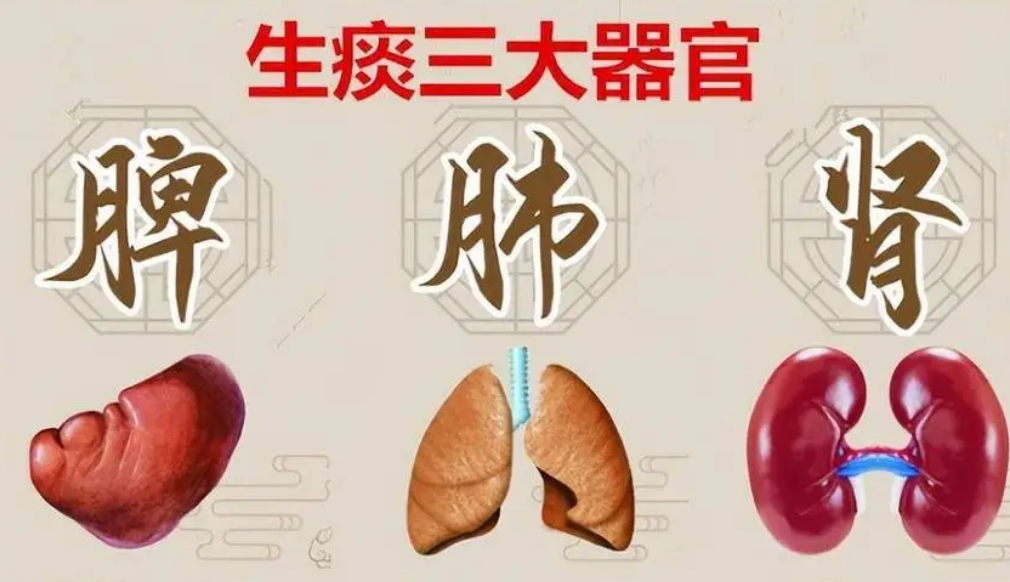
It is important to know that the spleen is the “source of phlegm production.” The spleen governs the transformation and transportation of fluids; when the spleen is deficient, its function weakens, leading to the internal stagnation of water and dampness, which then congeals into phlegm. At this point, we may experience noticeable symptoms such as reduced appetite, loose stools, cough with phlegm, fatigue, and a feeling of heaviness in the limbs. In simple terms, phlegm-dampness is an accumulation of excess fluids in the body that cannot be metabolized normally.
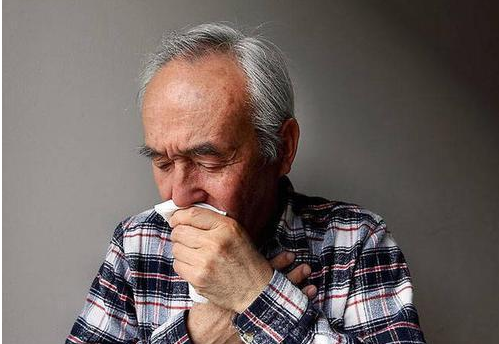
Moreover, in Traditional Chinese Medicine, we say: wherever phlegm-dampness resides, symptoms will manifest there. For example, if phlegm-dampness affects the lungs, it impairs the lung’s ability to disperse and descend, affecting the flow of qi, leading to chest tightness, discomfort, cough, and increased phlegm; if phlegm-dampness affects the spleen and stomach, it disrupts their functions, resulting in indigestion, nausea, vomiting, acid reflux, and unformed stools; or if phlegm-dampness accumulates in the muscles, it causes heaviness and weakness in the limbs, shortness of breath, and lack of energy.
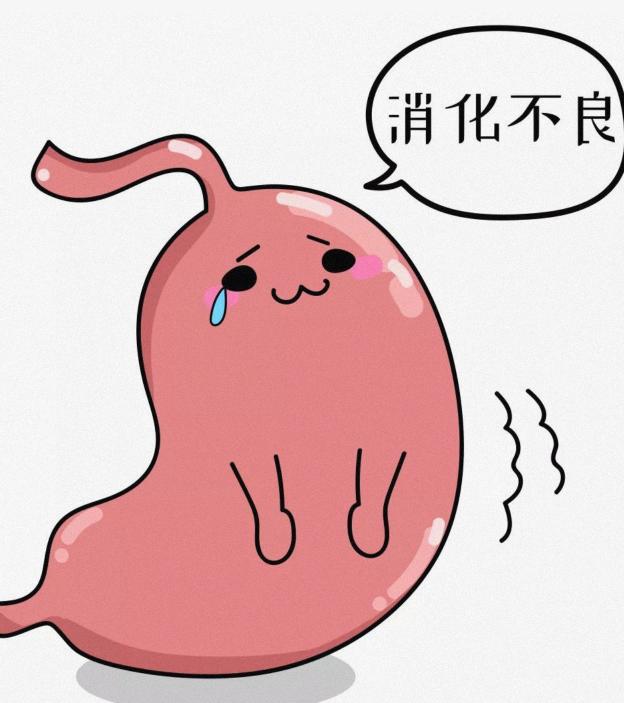
At this time, eliminating phlegm-dampness becomes our top priority in treatment.
In clinical practice, the most commonly used formula is Er Chen Tang (Two Evolved Decoction). Today, I will share with you how this classic formula for dispelling dampness and phlegm can address the root of the phlegm-dampness issue.
The herbs in the formula work synergistically: Ban Xia (Pinellia) dries dampness and transforms phlegm, Chen Pi (Aged Tangerine Peel) regulates qi and transforms phlegm, Fu Ling (Poria) strengthens the spleen and leaches out dampness, Gan Cao (Licorice) harmonizes the middle and tonifies the earth, while Sheng Jiang (Fresh Ginger) and Wu Mei (Mume Fruit) provide auxiliary effects, collectively addressing the generation, transformation, and expulsion of phlegm-dampness. This multi-faceted combination targets both symptoms and underlying causes, achieving a comprehensive treatment approach.
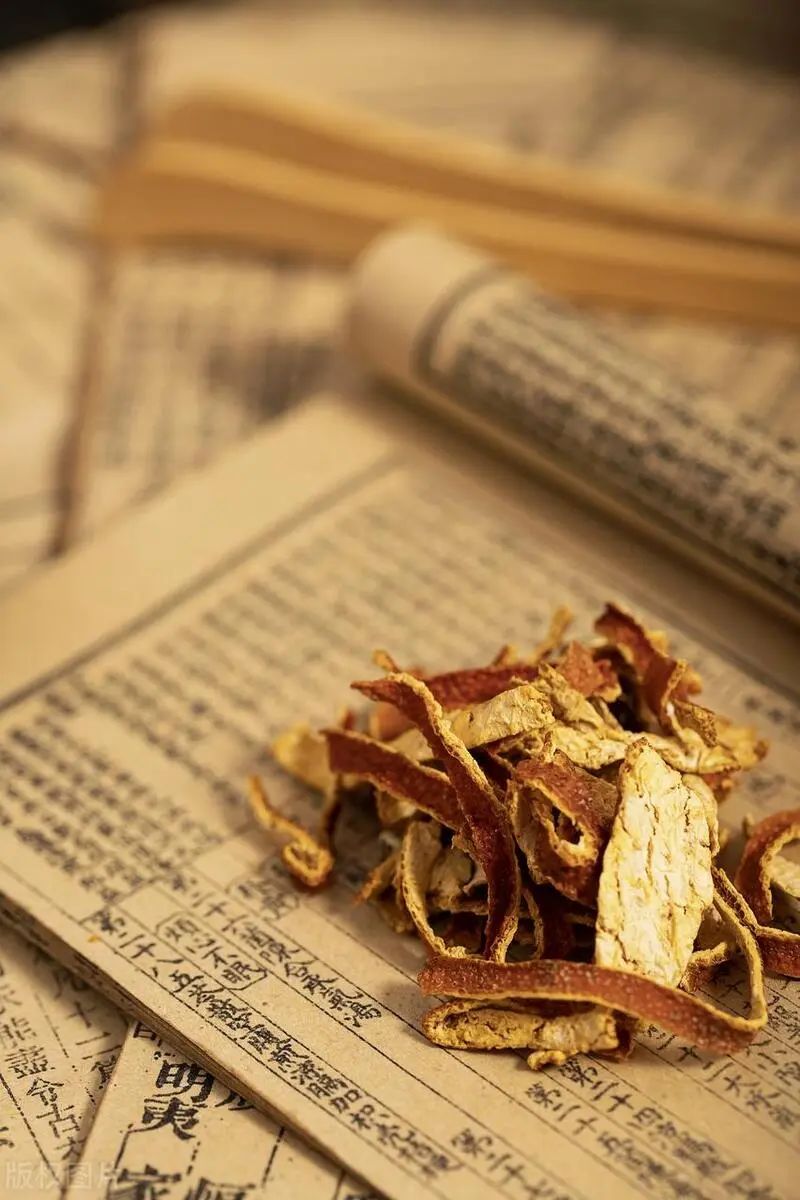
Of course, these insights are based on my clinical experience, and I do not recommend self-medication. If you have any issues, please seek medical attention promptly.
Remember to follow!
to follow!
Editor Shares Good Articles with Friends
1.Many stomach diseases have their roots in the liver or cold; a simple combination of two herbs can soothe the liver, regulate qi, warm the stomach, and dispel cold.
2. Flatulence is a mirror of the spleen; these three types of flatulence remind us to nourish the spleen, along with six Chinese patent medicines to regulate the spleen and stomach.
3. Insufficient lung qi and yin, leading to shortness of breath, dry cough, aversion to wind, excessive sweating, irritability, and tidal fever treatment.
4. Palpitations, chest tightness, and difficulty breathing? A “powerful” Chinese patent medicine can clear obstructions and prevent heart disease.
Likes are a form of encouragement Sharing spreads joy.

